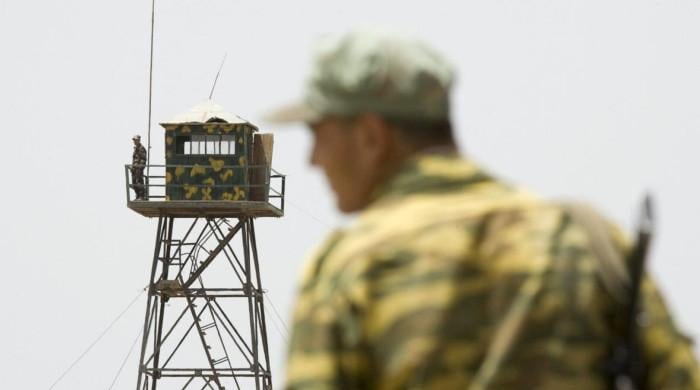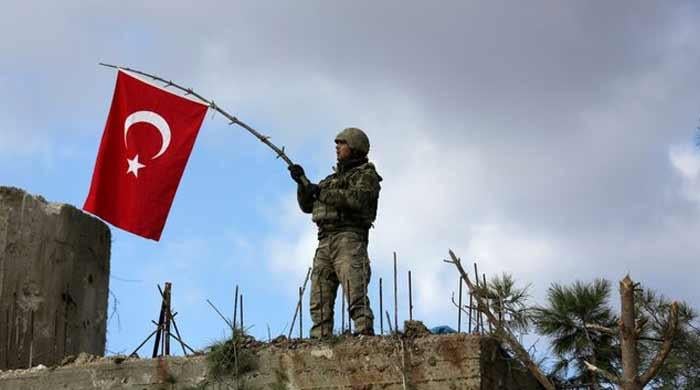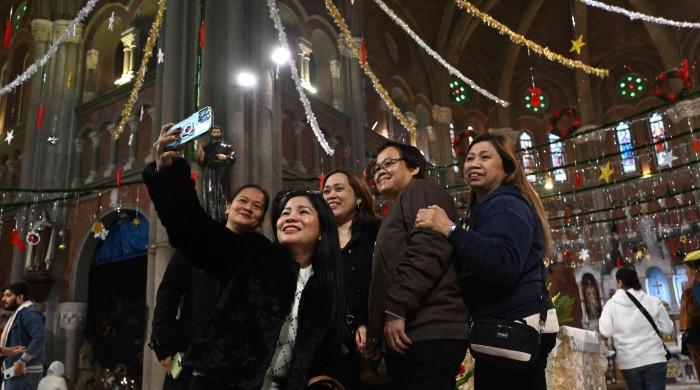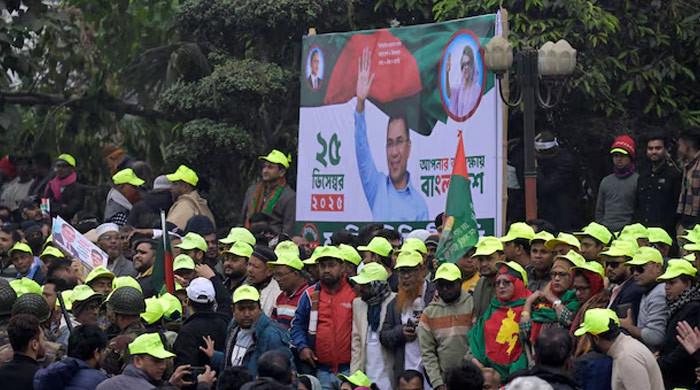Indigenous Australians call for week of silence after Voice referendum failure
The referendum sought to amend the constitution to acknowledge Aboriginal and Torres Strait Island people
October 15, 2023
Australian Indigenous leaders have called for a week of silence and reflection after a referendum to recognise First Peoples in the constitution was overwhelmingly rejected by more than 60% of Australian voters.
The referendum sought to amend the constitution to acknowledge Aboriginal and Torres Strait Island people with an Indigenous advisory body known as the "Voice to Parliament." The proposal required a national majority and majorities in at least four states to pass, but all six states rejected it.
The Indigenous leaders expressed their disappointment, stating, "That people who have only been on this continent for 235 years would refuse to recognise those whose home this land has been for 60,000 and more years is beyond reason."
As a symbol of their disappointment, they announced that they would lower the Aboriginal and Torres Strait Island flag to half-mast for the week and encouraged others to do the same.
This rejection represents a significant setback for reconciliation efforts with Australia's Indigenous community and has raised concerns about how Australia treats its First Nations people.
Unlike other countries with similar histories, such as Canada and New Zealand, Australia has not formally recognised or established a treaty with its First Peoples.
The Indigenous community in Australia makes up 3.8% of the population and has lived in the country for approximately 60,000 years. However, they are not mentioned in the constitution and are among the country's most disadvantaged groups by most socioeconomic measures.
Reconciliation Australia, an Indigenous organisation, expressed that the community was left grappling with "ugly acts of racism and disinformation" during the debate on the referendum. While the path to reconciliation may seem challenging, Indigenous leaders emphasise the need to continue the fight for recognition and justice.
Prime Minister Anthony Albanese invested significant political capital in the Voice referendum, but his critics argue that it was a major misstep in his leadership. Opposition leader Peter Dutton believes that the referendum ended up dividing the nation and was unnecessary.
The lack of bipartisan support was a significant factor contributing to the loss, as leaders of major conservative parties campaigned for the "No" vote. In Australia, no referendum has passed without bipartisan backing.
The Indigenous leaders concluded by urging all Australians who voted in the referendum to reflect on the role of racism and prejudice against Indigenous people in the outcome, highlighting the need for collective reflection and growth.









